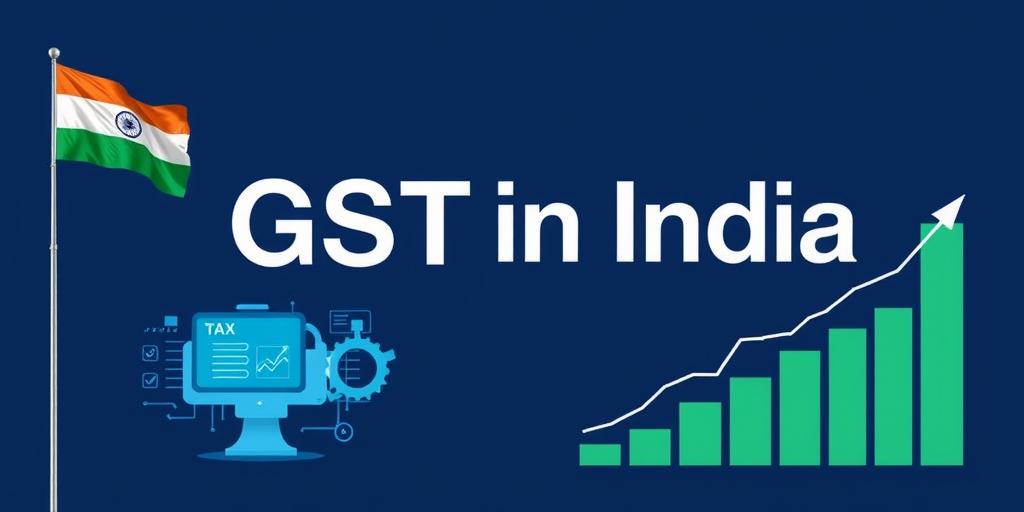Navigating GST in India: 2025 Update for Businesses
The Goods and Services Tax (GST) is a comprehensive, multi-stage, destination-based tax levied on every value addition. It has been a significant economic reform in India, impacting businesses of all sizes. As we move closer to 2025, it’s crucial for businesses to stay updated with the latest changes and understand how to navigate the GST landscape effectively.
Key GST Updates Expected in 2025
Several changes and refinements are expected in the GST framework by 2025, focusing on streamlining processes, enhancing compliance, and curbing tax evasion. Here are some key areas to watch:
- Enhanced E-Invoicing System: Expansion of e-invoicing to businesses with lower turnover thresholds to improve transparency and reduce discrepancies.
- AI and Machine Learning Integration: Increased use of AI and machine learning for data analysis to detect fraudulent activities and improve tax compliance.
- Improved Input Tax Credit (ITC) Matching: More robust mechanisms for matching input tax credits to prevent misuse and ensure accurate credit claims.
- Revised GST Rates: Potential revisions in GST rates for certain goods and services based on economic conditions and revenue requirements.
- Simplified Return Filing Process: Further simplification of the GST return filing process to reduce the compliance burden on small and medium-sized enterprises (SMEs).
How Businesses Can Prepare
To effectively navigate the GST landscape in 2025, businesses should take proactive steps to ensure compliance and optimize their tax management. Here are some recommendations:
- Stay Informed: Regularly monitor updates and notifications from the GST authorities to stay abreast of the latest changes.
- Upgrade Technology: Invest in robust accounting and GST compliance software to automate processes and ensure accurate reporting.
- Train Employees: Provide regular training to employees on GST regulations and compliance requirements to minimize errors.
- Review Contracts: Ensure that all contracts with suppliers and customers are updated to reflect the latest GST provisions.
- Seek Expert Advice: Consult with tax professionals and GST experts to get personalized advice and ensure compliance.
Navigating Common GST Challenges
Despite the benefits of GST, businesses often face challenges in compliance and implementation. Here are some common issues and how to address them:
- Complexity of GST Laws: Simplify understanding by breaking down complex provisions into manageable parts and seeking expert guidance.
- Input Tax Credit Mismatches: Maintain accurate records and reconcile ITC claims regularly to avoid mismatches.
- Late Filing Penalties: Ensure timely filing of GST returns to avoid penalties and interest charges.
- Lack of Awareness: Conduct regular training sessions and workshops to educate employees and stakeholders about GST regulations.
Conclusion
As India’s GST system continues to evolve, businesses must stay informed and proactive to navigate the changing landscape effectively. By understanding the key updates expected in 2025 and taking steps to prepare, businesses can ensure compliance, optimize their tax management, and drive sustainable growth.
